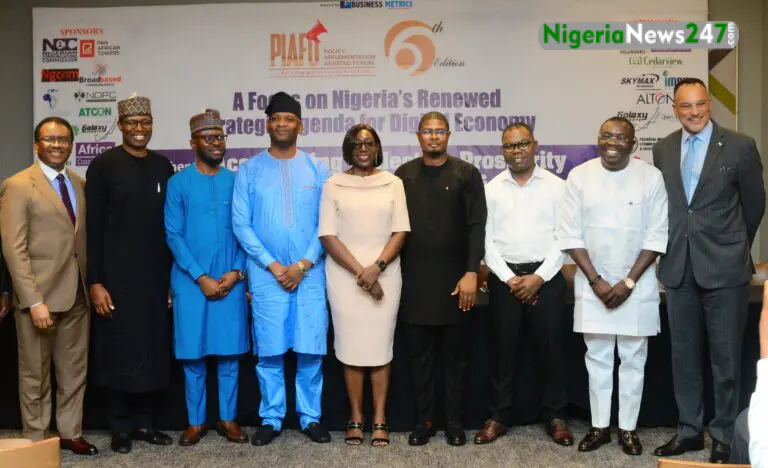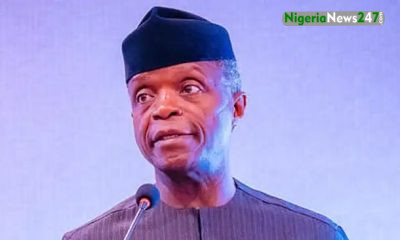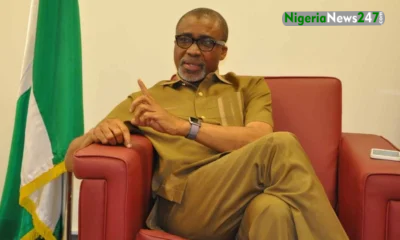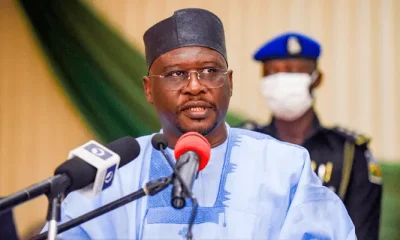BUSINESS
Telecom Stakeholders Highlight Challenges Facing Nigerian Government’s 90,000km Fiber Project

The Nigerian Government’s ambitious plan to deploy 90,000 kilometers of fiber optic cables nationwide is expected to encounter significant challenges, according to stakeholders in the telecommunications industry.
During the Sixth Edition of the Policy Implementation Assisted Forum (PIAFO) held in Lagos, concerns were raised that state governments could potentially derail the project. This apprehension stems from issues such as high Right of Way (RoW) charges, multiple taxation, and levies controlled by state governments, which could undermine the project’s effectiveness. These challenges were highlighted as crucial barriers that need to be addressed to ensure the success of the project, which aims to bolster Nigeria’s digital infrastructure and promote universal internet access.
Mr. Chidi Ibisi, Executive Director of Broadbased Communications, emphasized the importance of addressing these current obstacles despite the promising initiative of using a Special Purpose Vehicle (SPV) for implementation. He stressed the need to tackle issues like the high cost of RoW, fiber vandalism, and disruptions caused by road construction.
Adding to the discussion, Mr. Chidi Ajuzie, Group Chief Operating Officer of WTES Projects Limited, identified informal RoW activities by non-state actors as a major hindrance to fiber deployment in Nigeria. He underscored the complexity and challenges faced in securing formal RoW approvals, particularly in urban areas like Lagos.
Engr. Gbenga Adebayo, Chairman of the Association of Licensed Telecommunications Operators of Nigeria (ALTON), urged state governments to take ownership and support the project’s success. He criticized the practice of viewing RoW charges solely as a revenue source, calling for a more supportive regulatory environment.
Dr. Ayotunde Coker, CEO of Open Access Data Centre (OADC), highlighted the necessity for private sector involvement in executing the project, alongside anticipated funding from the World Bank. He emphasized the need for transparent policies and enabling environments to facilitate effective private sector engagement.
In conclusion, stakeholders emphasized the critical role of state governments in creating conducive environments for infrastructure development. They underscored the importance of learning from past challenges to achieve the new broadband penetration targets essential for Nigeria’s digital economy growth.





















You must be logged in to post a comment Login